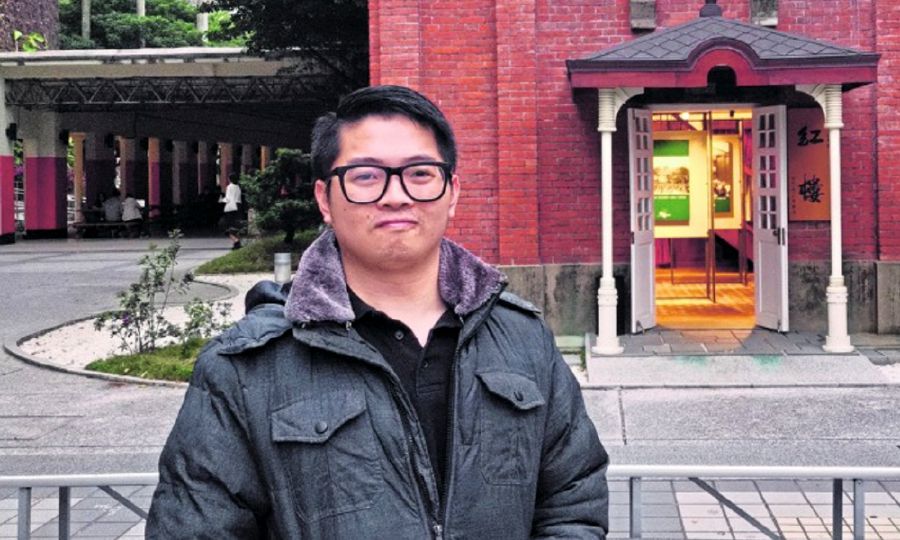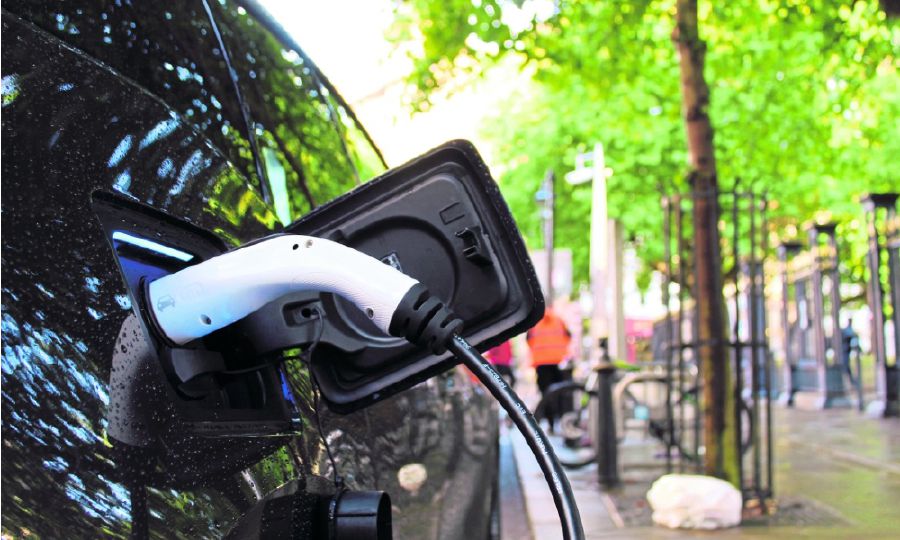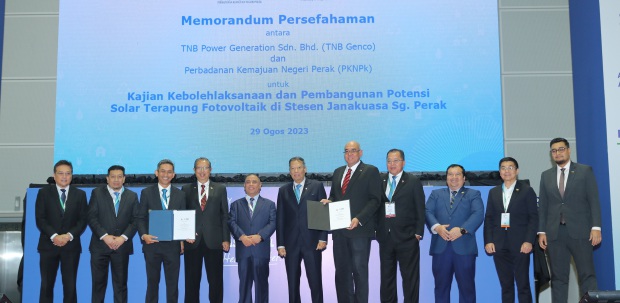A researcher from UCSI University is developing a way to address the power demands of charging electric vehicles (EVs) through the use of artificial intelligence (AI).
Assistant Professor Dr Lim Wei Hong, the deputy dean of the varsity's Faculty of Engineering, Technology and Built Environment, had the opportunity to work on the new EV charging scheduling scheme at the National Taipei University of Technology (NTUT) in Taiwan last year.
Lim, who was invited as a visiting research scholar by the university, worked on the project with his former adviser, Professor Dr Leehter Yao.
"In the transportation sector, electric vehicles are considered as an alternative to conventional vehicles with internal combustion engines due to its environmentally friendly and economically viable nature," said Lim.
"Renewable energy, such as solar power, can be integrated into the EV parking station to fully or partially fulfil the power demands of charging EVs, leading to the development of more sustainable infrastructures.

"There are many technical challenges that need to be overcome to ensure EVs are widely used in the transportation sector. The development of an optimal EV charging scheme is an ongoing project that is crucial to maximise the economic and environmental benefits of EVs."
Lim's main responsibility in the research was to refine the algorithm design, implement the coding, perform simulation analysis and prepare the manuscript.
Three UCSI students, Lim Kel Vin, Ng Weng Mun and Koh Jia Shun, also conducted their research attachments at NTUT's Intelligent Control Lab between September and December.
"This project covered several crucial pillars of Industry Revolution 4.0, such as advanced simulation, Internet of Things and cloud computing.
Two Sustainable Development Goals were also addressed in this project, which are Goal 9 — Industry, Innovation and Infrastructure — and Goal 11 — Sustainable Cities and Communities," he added.
Lim said one of the innovative or unique points about the project was the application of AI to predict the charging and discharging priority of each EV based on user behaviour.
He said AI was found to be a good approach to represent the relationship between the charging and discharging priority of EVs, with input parameters such as arrival and departure times of EVs, the battery capacity time of EVs, initial energy stored in EV batteries and EV staying time in parking stations.
"EVs have been acknowledged as the 'greener', more cost efficient means of transportation and with battery charging as easy as charging one's hand phone, it is certainly an option that seems more suitable for the present rather than just being reserved for the future."
Lim obtained his PhD from Universiti Sains Malaysia in 2014 and went on to NTUT as a postdoctoral researcher. His areas of expertise are Computational Intelligence and Energy Management Optimisation.





